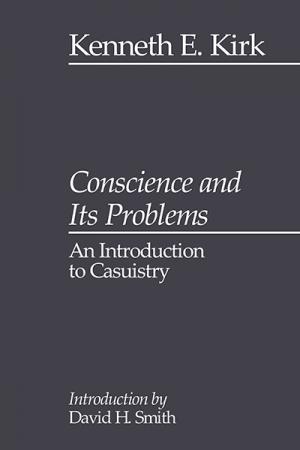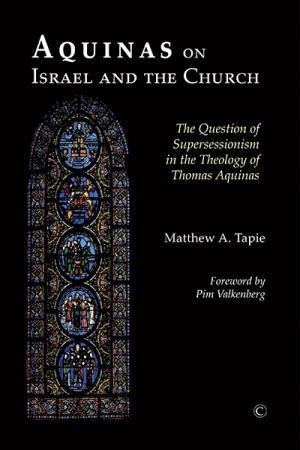Description
Divided into three parts, this volume contains Ian Ramsey’s most relevant essays on philosophy, metaphysics and ontology, the meaning and understanding of the gospels, and the justification of faith. An extensive appendix includes the author’s answers to the contemporary subjects of freedom and immortality, Christian education and the intellectual crisis, and they are complimented by a selected bibliography.
About the Author
Ian Thomas Ramsey was Professor of Philosophy of Religion in the University of Oxford and Bishop of Durham from 1966. In 1970 he became chairman of the BBC’s Central Religious Advisory Committee. He died in 1972 of a heart attack.
Contents
Acknowledgements
Editor’s Preface
Part One: Contemporary Philosophy
Contemporary Empiricism
The Systematic Elusiveness of ‘I’
Biology & Personality: Some Philosophical Reflections
Ethics & Reason
Part Two: The Meaning of God Talk
Theological Literacy 1 and 2
On Understanding Mystery
On Being Articulate about the Gospel
Paradox in Religion
Talking of God: Models, Ancient & Modern
Part Three: The Logic of Faith
Religion and Science: A Philosopher’s Approach
Facts and Disclosures
The Logical Character of Resurrection-belief
History and the Gospels: Some Philosophical Reflections
Appendix: Ian Ramsey in Dialogue
Freedom and Immortality 1 and 2
A review by H.D. Lewis
Some Further Reflections by Ian Ramsey
The Intellectual Crisis of British Christianity 1 and 2
Ninian Smart’s Argument
A Reply by Ian Ramsey
Christian Education 1 and 2
‘Post Mortem Dei’ by Paul M. van Buren
Discernment, Commitment & Cosmic Disclosure by Ian Ramsey
Select Bibliography
Endorsements and Reviews
…the articles selected display the evolution of Ramsey’s thought quite well and respond to many of the criticisms of his work.
Terrence W. Tilley, in Journal of the American Academy of Religion, Vol 43, No 4





